
The Innovator's Prescription
A Disruptive Solution for Health Care
Read or listen offline
Amazon KindleRecommendation
Political fights over health care reform have generated countless pages of editorials, commentaries and polemics, and hundreds of hours of television and radio programming. However, the onslaught has included depressingly few carefully considered, thoughtfully presented proposals for holistic reform of the health care system. This book by Clayton M. Christensen, Jerome H. Grossman and Jason Hwang is one of a very small number to transcend agitprop and offer an intelligent way forward. Its thesis is that in the natural course of economic progress many changes will happen inevitably in the health care industry. The book explains that health care is not fundamentally dissimilar to other industries where “disruptive innovation” has brought efficiency, economy and quality. Since the health care industry is likely to follow, for example, the path of the computer industry, getAbstract suggests this book as a must-read for health care professionals, policy makers and anyone with an interest in the future of the field. Perhaps these ideas – or even the thinking provoked by disagreeing with some of them – could help shape a robust solution to a vexing global problem, if that solution survives the legislative process (evoking the old saying that you should never watch laws or sausages being made – alas, it’s too late for that).
Summary
About the Authors
Clayton M. Christensen, also the author of The Innovator’s Dilemma, The Innovator’s Solution and Disrupting Class, is a professor at the Harvard Business School. The late Jerome H. Grossman, M.D., headed the Harvard Kennedy School Health Care Delivery Policy Program. Jason Hwang, M.D., is the co-founder and Executive Director, Health Care of Innosight Institute, a not-for-profit think tank devoted to applying the theories of disruptive innovation to problems in the social sector.










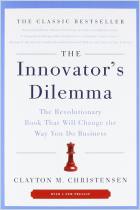
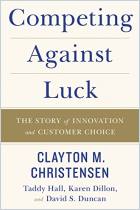
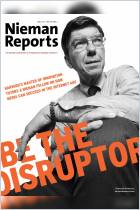



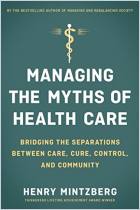

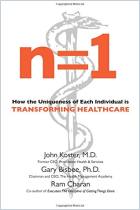


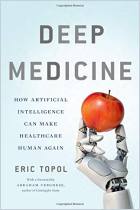




Comment on this summary or Iniciar a Discussão